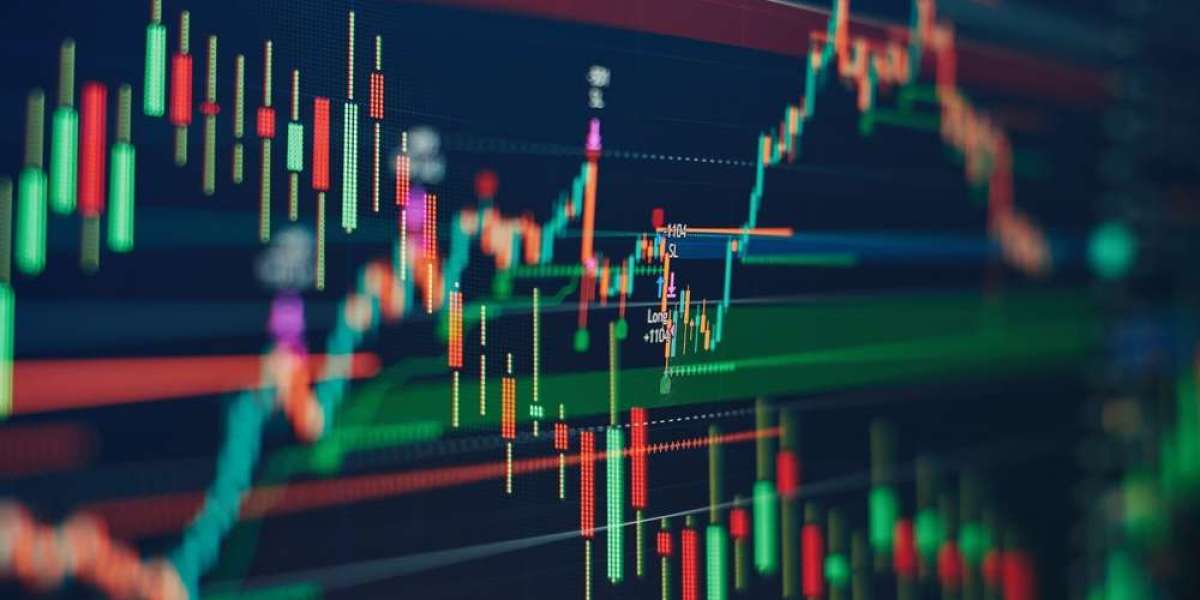Futures trading is a dynamic and complex financial market where participants buy and sell contracts, known as futures contracts, to speculate on the future price movements of underlying assets such as commodities, currencies, stock indices, and more. Unlike traditional investing, where ownership of the underlying asset is the goal, futures trading allows traders to profit from price changes without physically owning the asset. This guide provides a comprehensive introduction to futures trading for beginners, exploring key concepts, strategies, and risk management principles essential for navigating this exciting financial landscape. Explore the topic further by diving into our informative article: Philip Tauberman
Understanding Futures Contracts
At the core of futures trading are the contracts themselves. A futures contract is a standardized agreement between a buyer and seller to buy or sell an asset at a predetermined price on a specified future date. These contracts are traded on organized exchanges, providing liquidity and a transparent marketplace. The terms of a futures contract include the contract size, expiration date, and the agreed-upon price, known as the futures price. Traders can take either a long position, anticipating the price will rise, or a short position, speculating on a price decline. Futures contracts are available for various assets, from agricultural commodities like wheat and soybeans to financial instruments such as stock indices and interest rates.
Market Participants and Brokerage Accounts
Futures markets attract diverse participants, including institutional investors, individual traders, and businesses seeking to hedge against price fluctuations. Individuals need to open a brokerage account with a registered futures broker to engage in futures trading. These brokers act as intermediaries between traders and the futures exchanges, facilitating order execution and providing access to market data. Beginners must choose a reputable, well-regulated broker that aligns with their trading goals. Additionally, traders should familiarize themselves with the various order types, such as market orders, limit orders, and stop orders, to execute trades efficiently.
Risk and Leverage in Futures Trading
While futures trading offers significant profit potential, it also comes with inherent risks, particularly due to leverage. Leverage allows traders to control a large position with a relatively small capital. While this magnifies potential profits, it also amplifies potential losses. Beginners must approach leverage cautiously and use risk management tools such as stop-loss orders to limit potential downsides. Additionally, understanding the concept of margin, which is the initial amount of money required to open a position, is crucial. Brokers set margin requirements to ensure traders have sufficient funds to cover potential losses.
Futures Trading Strategies for Beginners
Beginners employ several common strategies in futures trading. One approach is trend following, where traders identify and follow prevailing market trends, taking long or short positions accordingly. Another strategy is mean reversion, where traders anticipate that prices will revert to their historical averages after deviating. Spread trading involves simultaneously taking opposing positions in related futures contracts to capitalize on price differentials. Beginners start with simple strategies and gradually progress to more complex ones as they gain experience and market understanding. It's crucial to thoroughly research and test strategies before deploying them in live trading. Access exclusive insights and expert opinions in our comprehensive article: Philip Tauberman
Technical and Fundamental Analysis in Futures Trading
Successful futures trading involves a blend of technical and fundamental analysis. Technical analysis relies on chart patterns, indicators, and historical price data to predict future price movements. Chart patterns, such as triangles and head-and-shoulders formations, help traders identify potential trends and reversals. Indicators like moving averages and relative strength index (RSI) offer insights into market momentum and overbought or oversold conditions. On the other hand, fundamental analysis involves examining economic indicators, supply and demand factors, geopolitical events, and weather patterns that can impact underlying asset prices. Combining both types of analysis provides a comprehensive view for making informed trading decisions.
Risk Management and Continuous Learning
Risk management is paramount in futures trading, especially for beginners. Establishing a risk-reward ratio, setting stop-loss orders, and diversifying the portfolio are essential risk management practices. Traders should only risk a small percentage of their capital on any trade to protect against substantial losses. Continuous learning is equally crucial in this dynamic market. Staying updated on market trends, economic indicators, and geopolitical events helps traders make informed decisions. Utilizing demo accounts offered by many brokers allows beginners to practice trading strategies without risking real capital, honing their skills before engaging in live trading.
Conclusion: A Journey of Learning and Opportunity
In conclusion, futures trading offers a vast arena of opportunity for both institutional and individual investors, providing exposure to diverse asset classes and strategies. For beginners embarking on this journey, a solid understanding of futures contracts, market participants, risk management, and trading strategies is essential. By approaching the market cautiously, utilizing risk management tools, and continually educating themselves, beginners can navigate the complexities of futures trading and benefit from its profit potential. While risks are involved, the comprehensive knowledge gained through this guide can empower beginners to make informed decisions, opening doors to a world of learning and opportunity in the exciting realm of futures trading.









